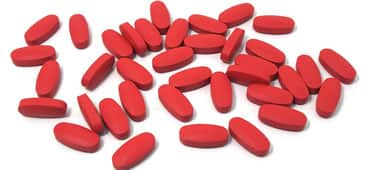On September 19, 2017, the journal of the Federation of American Societies for Experimental Biology (The FASEB Journal) published the findings of research that explored the ability of zinc to inhibit the growth of esophageal cancer.
September 29 2017
Life Extension

While zinc reduced the proliferation of esophageal squamous cell carcinoma lines, the effect was found to be reversible with the administration of a zinc chelator. Normal esophageal epithelial cells were significantly less sensitive to treatment with zinc.
"Previously we didn't know why the same physiological concentrations of zinc inhibit cancer cell growth but not normal cells,” noted lead researcher Zui Pan, who is an associate professor of nursing at the University of Texas at Arlington’s College of Nursing and Health Innovation.
“Our study, for the first time to our knowledge, reveals that zinc impedes overactive calcium signals in cancer cells, which is absent in normal cells, and thus zinc selectively inhibits cancer cell growth. It now appears that zinc and calcium can have a cross talk, meaning that they can be linked."
"Zinc deficiency has been found in many cancer patients," Dr Pan added. "Both clinical data and animal studies have shown that this mineral is very important for overall body health and for cancer prevention . . . That's why it is important to have a good diet."
In regard to the current study, Anne Bavier, who is the dean of University of Texas at Arlington's College of Nursing and Health Innovation, commented that "It re-affirms UTA's position as a major player in the global battle against cancer.
Zui's work on esophageal cancer gets straight to the heart our goal at the College of Nursing and Health Innovation to help solve health problems to build a healthier world."
—D Dye
